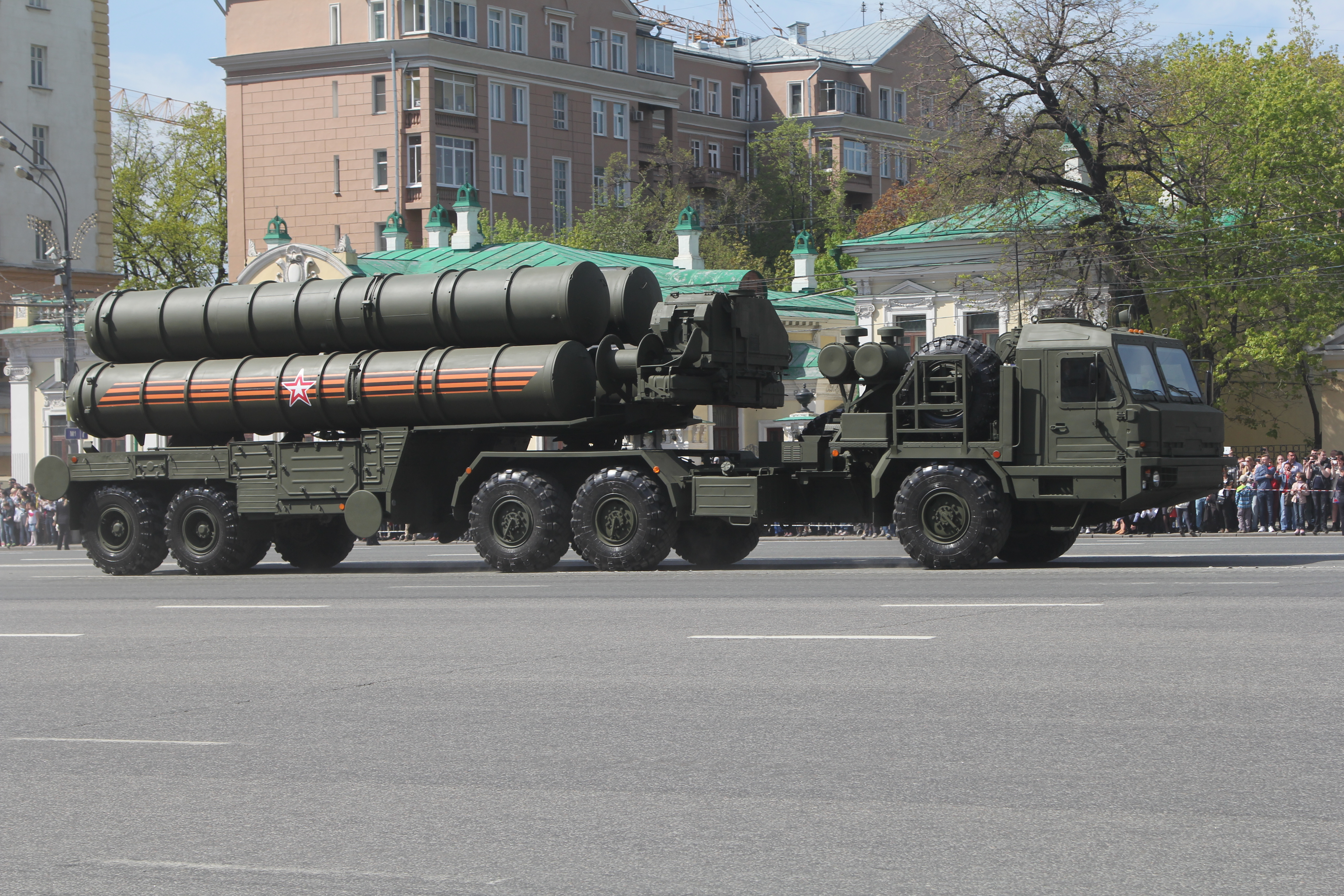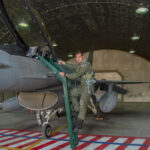
WASHINGTON: In a move certain to widen the rift between Turkey and its NATO allies, Turkey tested its Russian-made S-400 air defense system Friday in the latest affirmation that Ankara intends to operationalize the system.
Turkish and Russian media reports said the launch took place at a military base near the Black Sea. The test marked the first time the Turkish military fired the system it bought in 2017, ignoring years of warnings from NATO not to buy the Russian system. It comes just weeks after the system’s radar tracked a Greek F-16, earning Turkey a sharp rebuke from NATO.
DoD spokesman Jonathan Rath Hoffman said if reports of the launch are true, the DoD “strongly condemns” the test. “We object to Turkey’s purchase of the system,” he added. “It should not be activated. Doing so risks serious consequences for our security relationship. Turkey has already been suspended from the F-35 program and the S-400 continues to be a barrier to progress elsewhere in the bilateral relationship.”
The tracking of the plane came amid growing tensions between Turkey and Greece — long antagonists despite being NATO allies — which reached a new level in August.
In a series of rapid-fire events that could have ignited a wider conflict, Turkey claimed it sent fighter planes to chase away six Greek F-16s that were approaching Turkish airspace, following a reported collision between frigates from the two countries earlier that month.


10 Breaking Defense op-eds that defined 2025
It's been a whirlwind of a year — and the defense establishment has plenty of thoughts on how it's unfolded and what might come next.
The incident at sea occurred after Turkey sent a research vessel into disputed waters in the Eastern Mediterranean, leading to the face-off between the two navies. The Turkish vessel was accompanied by several warships, which led the Greek navy to send its own ships to shadow the convoy. Turkey’s actions drew a rebuke from Secretary of State Mike Pompeo.
When the Greek frigate Limnos came close to the convoy, the Turkish warship Kemalreis broke off in a challenge, leading the two vessels to bump, damaging both.
Officials from NATO and the EU rushed to both countries to cool tensions, and the region has remained quiet since.
It’s against this backdrop that Turkey tested the Russian system, a move which will surely keep tensions high between the country and the rest of the NATO alliance.
Earlier this month, two senators — a Republican and a Democrat — wrote a letter to Secretary of State Mike Pompeo calling on the administration to finally slap sanctions on Turkey for acquiring the S-400, after reports emerged that the radar system was newly active.
“Reports of this activation make clear that Turkey has no intention of reversing course and divesting of this system,” Sens. Chris Van Hollen and James Lankford wrote. “Turkey’s recent reported activation of the S-400 system to detect the U.S. F-16 underscores our grave concerns about Russia’s ability to access sensitive data.” Presumably, the senators meant the F-16, owned by Greece, was made by the United States.
But the State Department has said little of substance about the Turkish activation of the system’s radar, and today adopted the same stance to the reported test.
“We are aware of these reports,” spokesperson Morgan Ortagus said via email. “The United States has expressed to the Government of Turkey, at the most senior levels, that the acquisition of Russian military systems such as the S-400 is unacceptable.”
American and NATO officials have complained that the Russia radar puts NATO aircraft at risk, since the system can send operational information back to the Russian military.
Van Hollen and Lankford complained that the Trump administration has failed to slap Turkey with penalties under the Countering America’s Adversaries through Sanctions Act (CAASTA), which is meant to punish countries who purchase Russian weapons systems. The threat of the sanctions have not deterred allies like Turkey, India, and Egypt from buying billions worth of advanced weaponry from Moscow over the past two years, however.
In her statement, Ortagus said the administration has “also been clear on the potential serious consequences for our security relationship if Turkey activates the system.”
Turkey has already been ejected from the F-35 program, a move which has been one of the last remaining points of bipartisan consensus on Capitol Hill.
The Pentagon initially set a March 2020 deadline for replacing the Turkish contractor participation in the program, but in January, undersecretary for acquisition and sustainment Ellen Lord said the US would let Lockheed Martin and engine-maker Pratt & Whitney move ahead with their contractual obligations with Turkish manufacturers for F-35 components. In the end, Turkish companies will continue to supply parts through 2022.